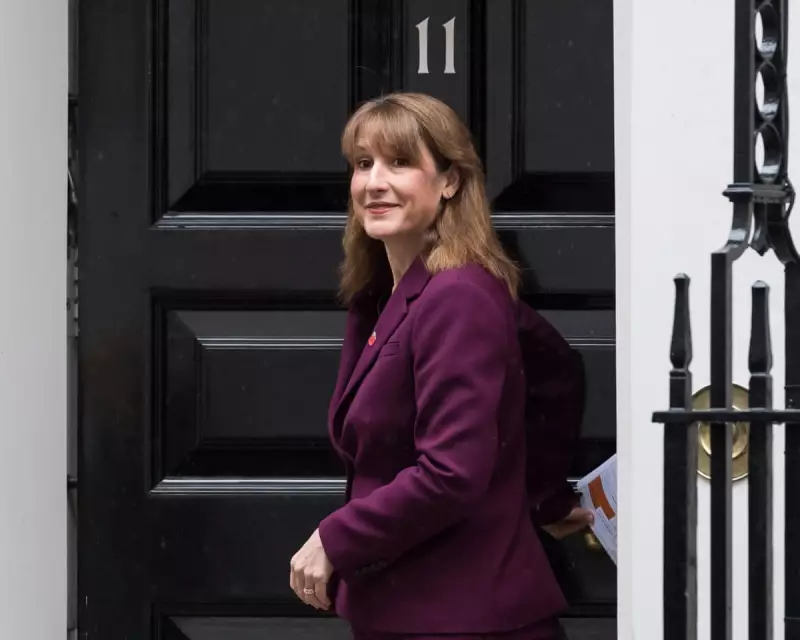
Chancellor Rachel Reeves finds herself navigating treacherous political waters as economic pressures mount, potentially forcing her to reconsider one of Labour's core election promises: not to raise income tax.
The Promise Versus Reality
During the heated election campaign, Reeves repeatedly assured voters that a Labour government would not increase the main rates of income tax, National Insurance, or VAT. This pledge became a cornerstone of Labour's economic credibility, designed to reassure middle-income voters and businesses alike.
However, the cold reality of governing has begun to bite. With public services stretched to breaking point and economic growth remaining sluggish, the Treasury faces an increasingly difficult fiscal position.
Mounting Pressure on Public Finances
The Institute for Fiscal Studies has sounded alarm bells about the sustainability of current spending plans without additional revenue. Key areas demanding immediate attention include:
- The struggling NHS facing record waiting lists
- Local councils on the brink of bankruptcy
- Crumbling school infrastructure requiring urgent investment
- Social care system in desperate need of reform
The Fairness Argument
Proponents of tax increases argue that raising income tax for higher earners represents the fairest way to fund essential public services. They point to decades of wealth accumulation among the top 10% and argue that those with the broadest shoulders should bear the heaviest burden.
"The political pain of breaking a manifesto commitment must be weighed against the practical consequences of failing to fund our NHS and schools adequately," notes one Treasury insider.
Political Calculations
For Reeves, the decision carries enormous political risk. Breaking a clear election promise so early in the parliamentary term could damage Labour's credibility and provide ammunition for opposition attacks.
Yet the alternative—allowing public services to deteriorate further—carries its own political consequences. Voters may forgive a necessary tax increase more readily than they would forgive collapsing local services or lengthening NHS waiting times.
The Road Ahead
As autumn turns to winter, all eyes will be on the upcoming budget announcement. The Chancellor must balance economic necessity with political reality, all while maintaining market confidence and public trust.
What remains clear is that the era of easy promises has ended, and the difficult business of governing has well and truly begun for Rachel Reeves and her Treasury team.





